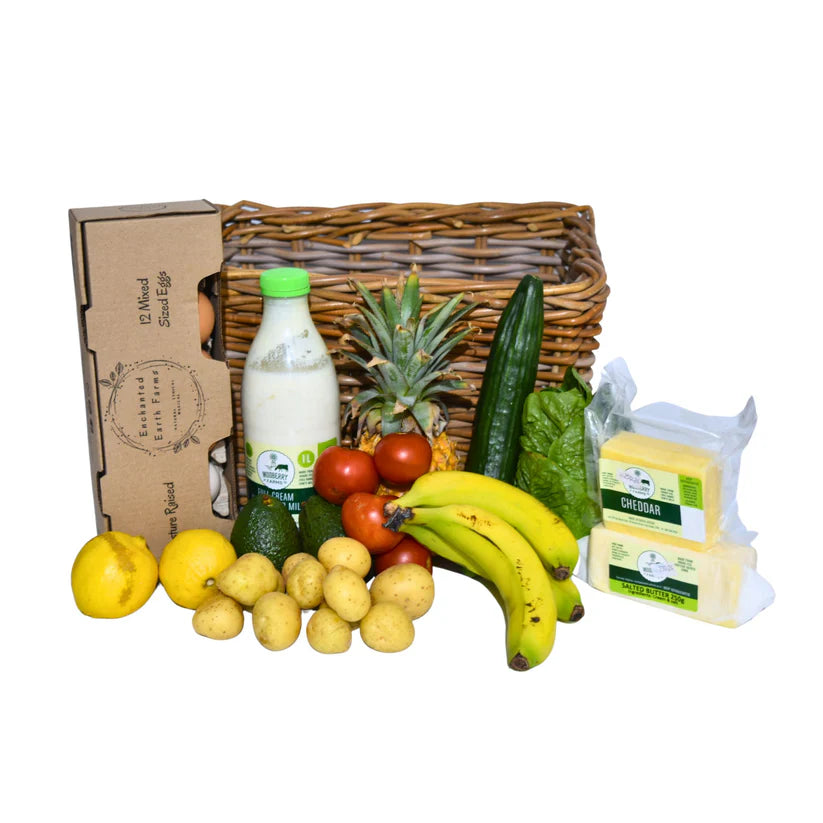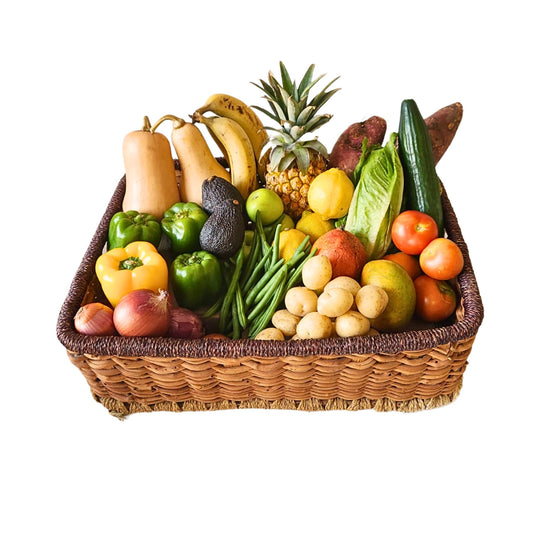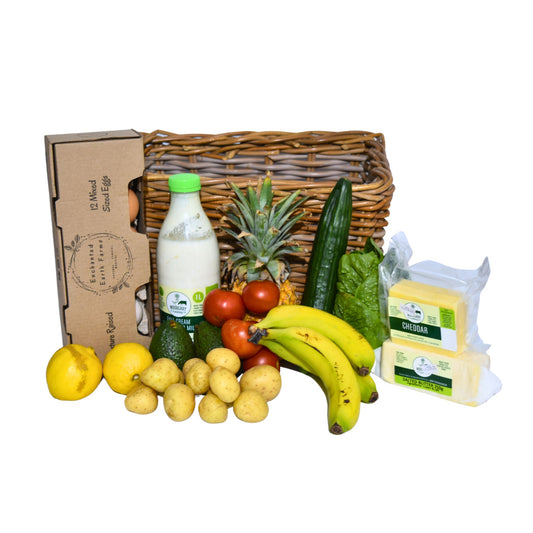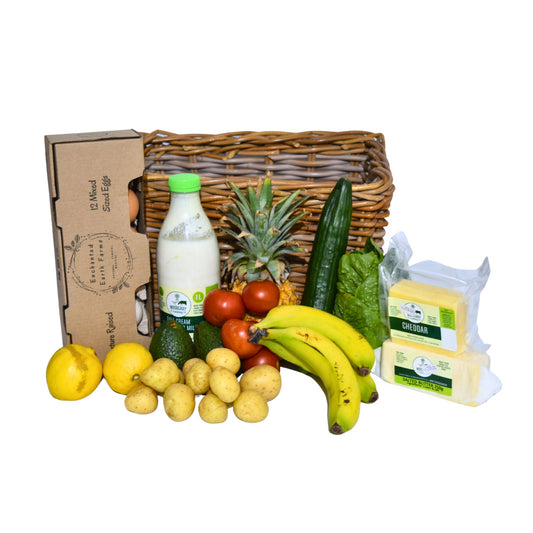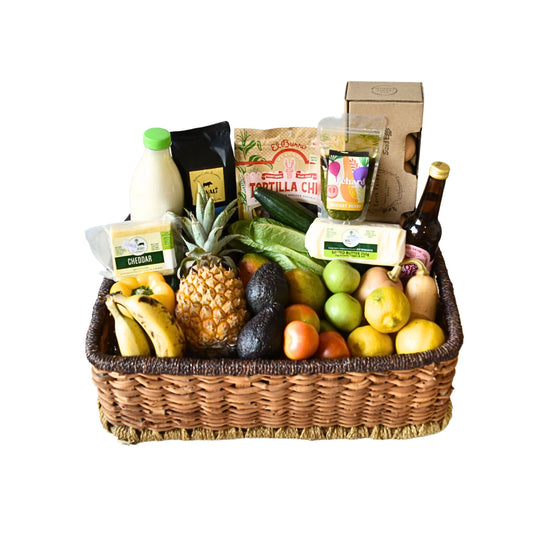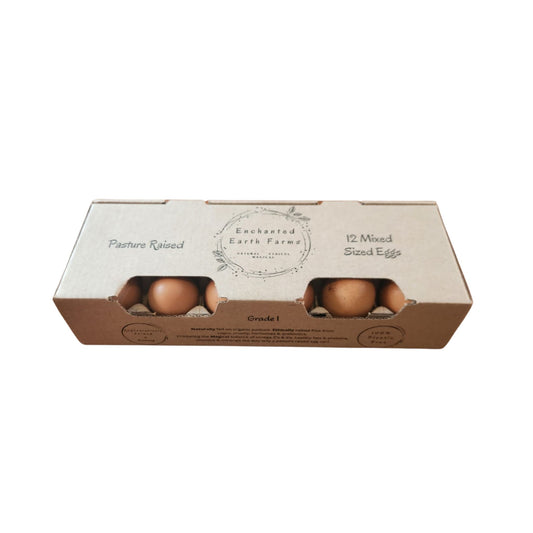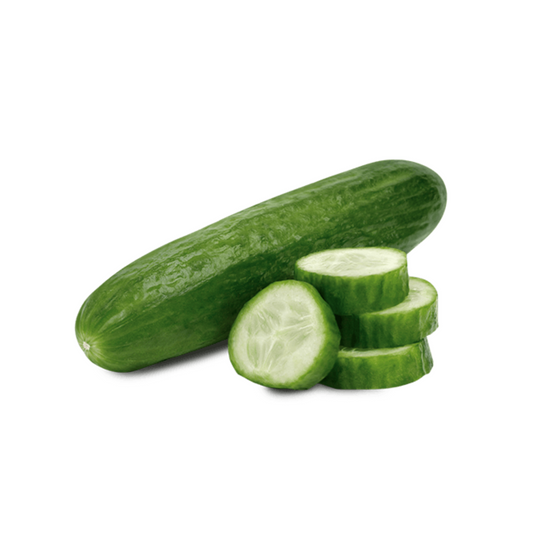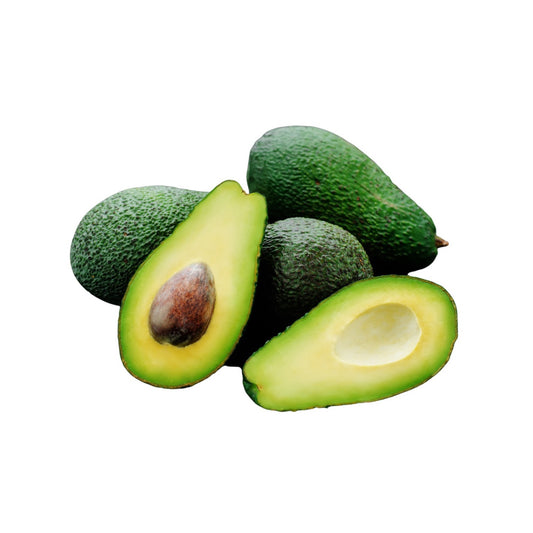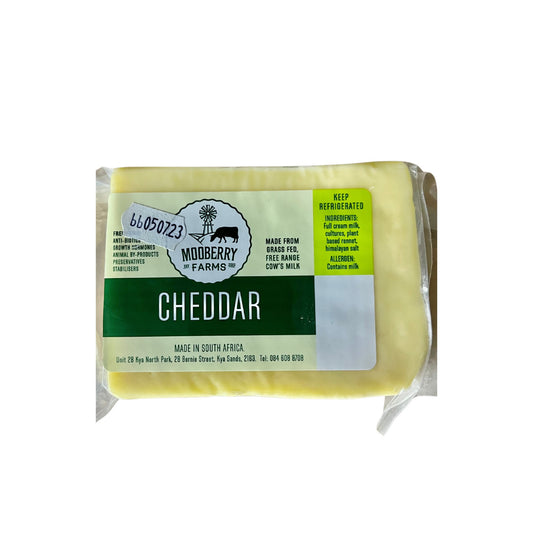Article Summary:
-
Winter is ideal for hearty greens, root veg, and brassicas.
-
Seasonal eating boosts nutrition and supports local farms.
-
Organic winter vegetables offer clean, comforting nourishment.
The cold brings colour, too
When the temperatures drop, many assume the harvest slows. But winter in South Africa is anything but bland. The season brings a rich variety of bold, earthy, and nutrient-packed vegetables—many of which actually thrive in cooler conditions. Eating winter produce isn’t just a smart seasonal shift—it’s a way to embrace nature’s rhythm, support local farms, and fill your plate with ingredients that comfort and nourish from the inside out.
Leafy greens that get better in the cold
Spinach, kale, Swiss chard, and mustard greens love winter. In fact, cooler temperatures often enhance their flavour, reducing bitterness and boosting sweetness. These greens are loaded with iron, calcium, and vitamin K—crucial for bone health and immunity during colder months. Toss them into soups, stews, or sautés for an easy nutrient lift. Choosing organic ensures these delicate greens are free from chemical sprays that can linger in the folds of each leaf.
Root vegetables
Carrots, beets, turnips, and parsnips are stars of the winter harvest. Grown underground, they absorb minerals from the soil, giving them their naturally sweet and earthy flavour. These roots are excellent roasted, pureed into soups, or spiralized into veggie noodles. They’re rich in fibre, vitamin A, and complex carbs—ideal for energy and gut health. Organic root veg is especially important, as conventionally grown versions can absorb pesticide residues through their skin and into the flesh.
Brassicas
Broccoli, cauliflower, cabbage, and Brussels sprouts belong to the brassica family—and winter is their time to shine. These veg thrive in the cold and become more tender and flavourful after a light frost. They’re packed with vitamin C, antioxidants, and compounds that support liver detoxification and immune resilience. Roast them for crispy edges, steam them for gentle texture, or shred into salads for crunch. Organic brassicas mean no sulphur-based fumigants, just natural power on your plate.
Onions, leeks, and garlic
These alliums aren’t just flavour boosters—they offer serious health benefits too. Garlic is known for its antimicrobial properties, while onions and leeks contain prebiotic fibres that feed healthy gut bacteria. Winter is the perfect time to sauté these into every warm meal, building depth and immune-boosting potential with every dish. Organically grown alliums are free from the chemical sprout inhibitors and artificial ripening agents used in conventional versions.
Pumpkins and squash
Butternut squash, pumpkin, and acorn squash bring colour and comfort to the winter table. These naturally sweet vegetables are high in beta-carotene (a precursor to vitamin A), fibre, and complex carbs—perfect for energy and digestion. Roasted, blended into soups, or baked into casseroles, they add richness and satiety to cold-weather meals. Organic squash is grown without the waxes and post-harvest fungicides used to extend shelf life in conventional produce.
Seasonal eating, the winter edition
Winter vegetables offer more than just nutrition—they bring warmth, comfort, and a deeper connection to local, natural cycles. Eating with the seasons allows your body to adapt, your meals to simplify, and your grocery choices to support South African farmers doing things the right way. At Orchard Food, we’re proud to bring the best organic winter produce to your kitchen—fresh, clean, and full of life. Because the colder months don’t mean less variety. They just mean a different kind of abundance.


